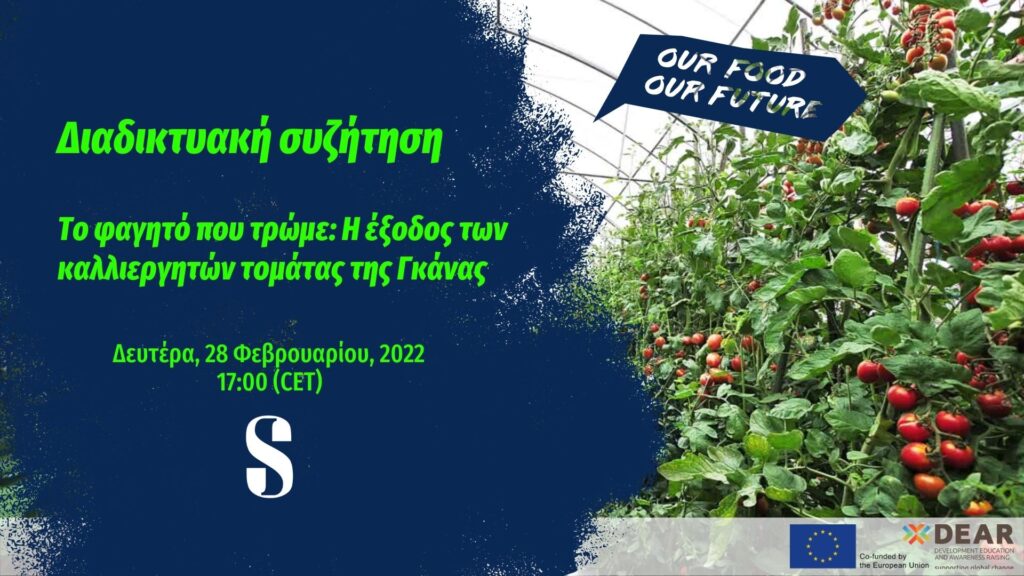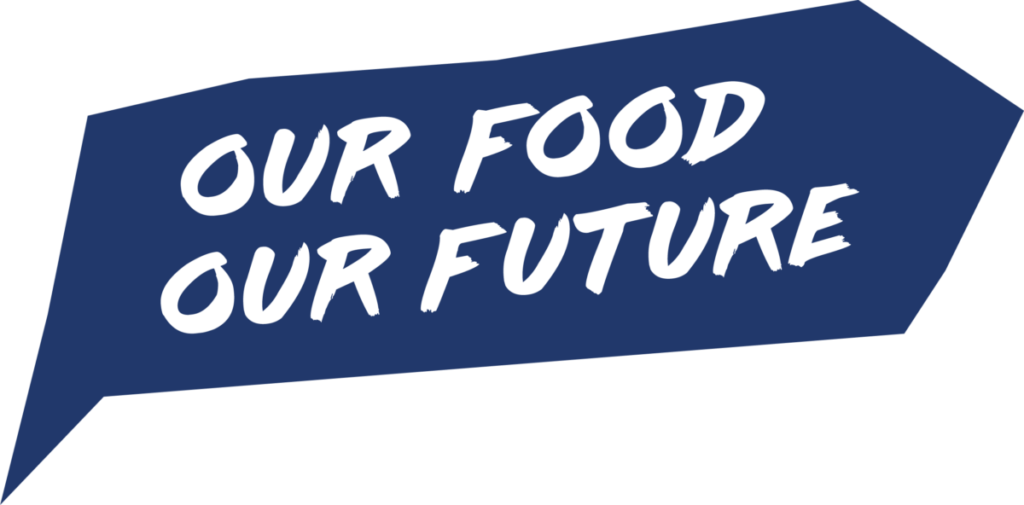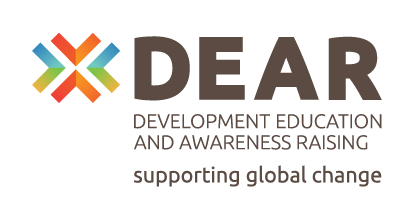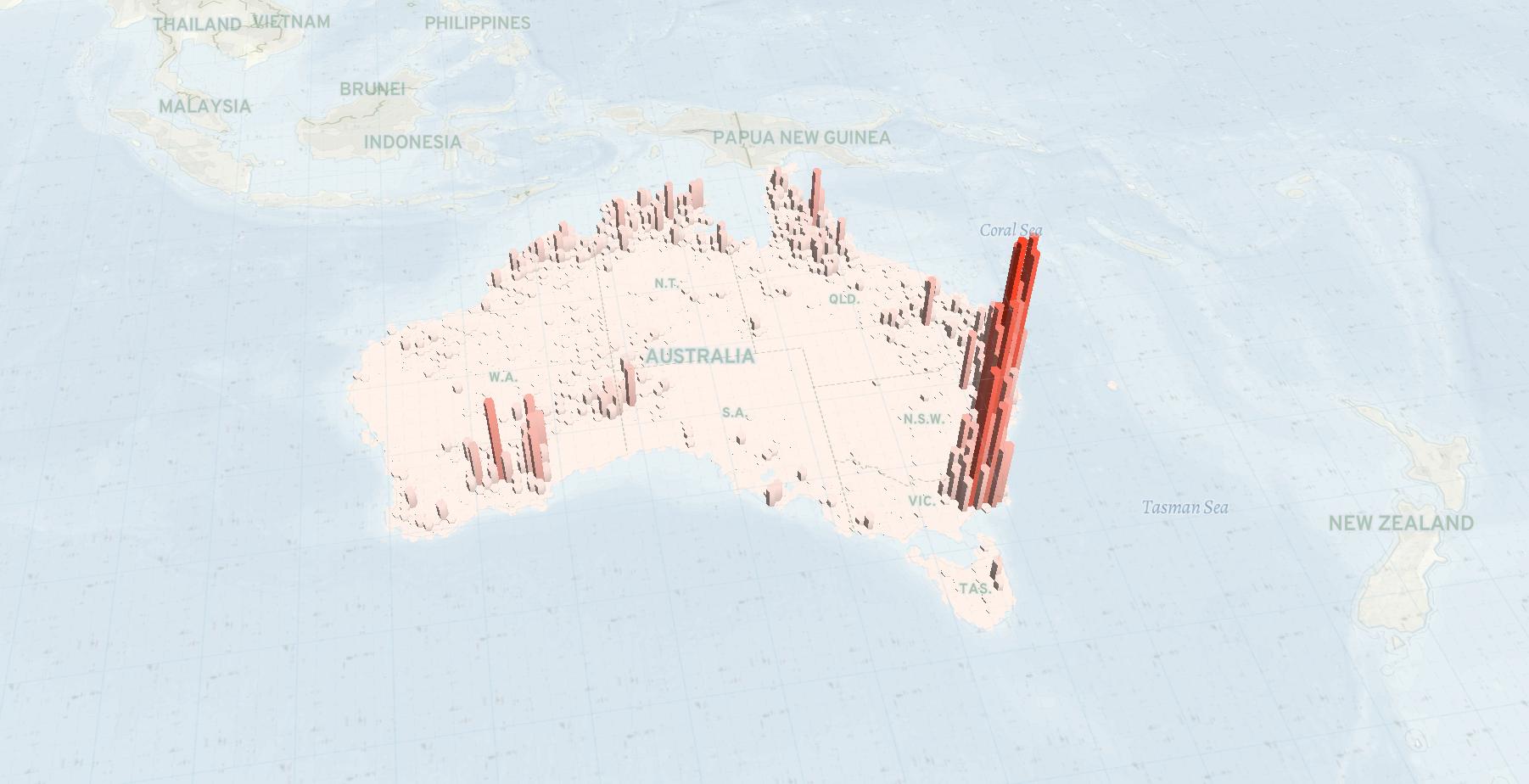Our food systems destroy natural landscapes, lead to the exploitation of hundreds of thousands of migrant workers around the globe, and are responsible for the torture of animals.
The environmental impact of food production ― which encompasses production, processing, and distribution ― is alarming: based on data from more than 200 countries, a 2021 study found that food production emissions make up more than a third of the global total.
And while complex global supply chains can offer opportunities for economic and social development, they often present serious human rights risks that many companies have failed to mitigate and respond to effectively.
Legislators are failing to hold these companies accountable for the harm caused by their business practices. During the COVID19 pandemic, workers along the supply chains are being exposed to even higher risks, are losing their jobs and, ultimately, are let down by the decision-makers of food companies.
For this purpose, and as part of the international campaign “Our Food. Our Future,” Solomon is organizing the “The food we eat” online discussions to contribute to the understanding of how the way we eat contributes to global problems such as displacement and ecological collapse. We will host exceptional journalistic works from around the world and, together, we will have the chance to unfold the story of our food.
In this first session, Solomon’s journalist Aristea Protonotariou and documentary director Elke Sasse will discuss the dramatic consequences of the EU’s tomato industry to markets and livelihoods in Africa.
Sasse’s documentary “Tomatoes and greed – the exodus of Ghana’s farmers” for DW documentary series “Displaced”, explores how foreign subsidised tomatoes have destroyed Ghanaian markets and livelihood leading to mass migration and labour exploitation.
The documentary can be found here. We encourage you to watch it before the event to better facilitate the discussion.
About Elke Sasse:
Elke’s films focus on people from all walks of life: she has documented the daily life of garlic farmers in China to dancehall pensioners in Berlin. She has accompanied homeless people on their way through Germany, has chronicled the story of former slave workers from Eastern Europe fighting for justice and has searched the globe for remnants of the Berlin Wall. Her documentary “Babske Radio” takes place in a Ukrainian village, on a bench where women discuss their lives and big politics. “Worldwide Berlin” documents a day in Berlin, in seven locations around the world, with that name. She reveals global connections in “Oil Promises”, a long-term documentary about the effects of oil discoveries in small villages along the Ghanaian coast, or in “Tomatoes and greed” about the connections between trade policy and migration. She is currently working on a new film on the exploitation that lurks in the production of fresh produce in Europe.
Please register to join us online at 17:00 CET on Monday, February 28.
*The event will be recorded.
————————————
Coming up next:
Spanish slaughterhouses, with Ludo Hekman by Lighthouse Reports.
Overfishing in the Mediterranean in the era of climate change, with Thodoris Chondrogiannos.
Dates and more events ΤΒΑ.
This publication was produced with the financial support of the European Union. Its contents are the sole responsibility of Solomon and do not necessarily reflect the views of the European Union.







